Russia's foreign minister says Washington's election meddling claim mere 'blabber'
Russian Foreign Minister Sergei Lavrov has once again firmly rejected as mere “blabber” Washington's claim that Moscow interfered in the 2016 US presidential election in favor of President Donald Trump, a day after the US Justice Department indicted more than a dozen Russian nationals in connection with the allegation.
“So as long as we don’t see facts, everything else is blabber,” said the top Russian diplomat during his speech at the 54th Munich Security Conference in Munich, Germany, on Saturday.
On Friday, the US Justice Department's Special Counsel Robert Mueller, who is investigating the alleged Russian meddling, indicted 13 Russian nationals and three Russian entities accused of interfering in elections in the United States.
Lavrov declined to directly touch upon the indictment, but when he was asked to comment on the issue he said that he had "no reaction at all because one can publish anything he wants."
"We see how accusations and statements are multiplying."
On Friday, Lavrov had said supporting President Trump had never been an official Russian policy even if some Russians did express their support for the new American president.
Shortly after Mueller released his indictment list on Friday, Russian Foreign Ministry spokeswoman Maria Zakharova described the indictment as “absurd” in a Facebook post. She further said that the indictment manifested the “modern American political reality,” adding jokingly that the number 13 had been chosen intentionally due to its negative associations.
Meanwhile, Andrei Krutskikh, Kremlin’s special advisor on cybersecurity, said that Russia so far had not seen any evidence of the so-called election interference, stressing that Moscow had given sufficient explanations to the American side regarding meddling allegations before and after Trump's victory.
“The Americans [have] repeatedly been given clarifications on the basis of the agreement on cooperation in the sphere of confidence-building measures in the area of information and communication technologies, before and after elections, as well as before Trump's inauguration, and we can give more explanations,” he said.
Regarding the Mueller indictment, Krutskikh noted that there were not any official claims against Russian nationals, meaning that the indictment was no more than “childish statements,” which had nothing behind them.
In late 2016, Washington alleged that Russia had influenced the US presidential election in November that year to help Trump get elected, an allegation that Russia strongly denied. Back then, the outgoing administration of President Barack Obama threatened that the United States would respond to the alleged Russian meddling “at the time and place" of its choosing.
In November 2017, Russian President Vladimir Putin strongly rejected as "fantasies" claims that Moscow interfered in the election in favor of Trump. The Russian leader also in December renewed Russia's rejection of the same accusations, saying the claims were nothing more than “espionage mania.”
There are currently multiple investigations by US security agencies into the case.
Despite the lack of significant proof, the accusations of Moscow’s alleged tampering with the election persist as a hot topic in Washington, contributing largely to the worst deterioration in Russian-American ties since the Cold War.
Trump himself has repeatedly told Americans that the allegations of collusion between his campaign and Russia were not true. In his latest reaction to the allegation, Trump said on Friday that "the results of the election were not impacted."
"The Trump campaign did nothing wrong - no collusion!” Trump said.
Leader’s advisor warns of ‘deep’ retaliatory strikes into occupied territories
US Department of Justice releases millions of Epstein files, then pulls pages citing ‘rape’ by Trump
VIDEO | EU blacklists anti-terror organization
VIDEO | 44th Fajr Theater Festival underway in Tehran
VIDEO | Press TV's news headlines
VIDEO | Oil workers' march in support of reform of Venezuela's main oil law
VIDEO | Malaysians hold rally in front of Iranian embassy to condemn US, Israel threats
Israel to partially reopen Rafah border crossing after long closure


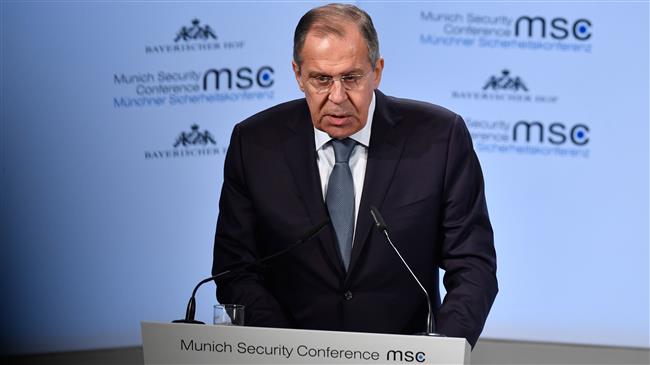


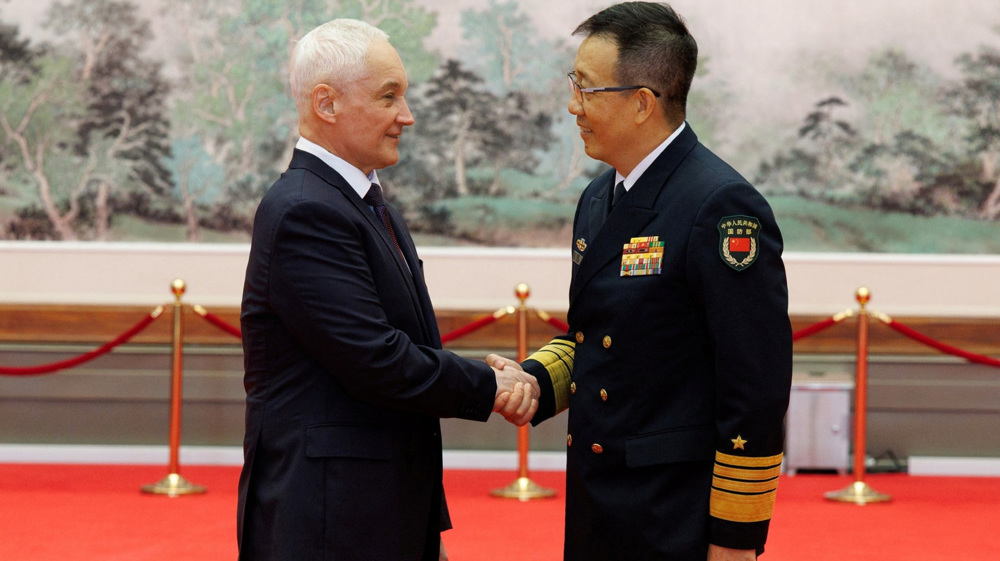
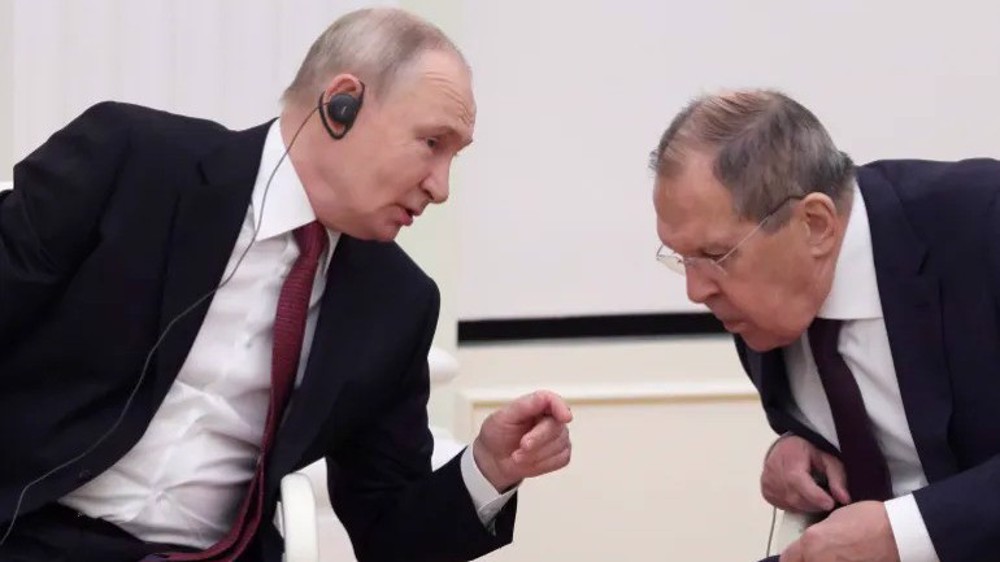
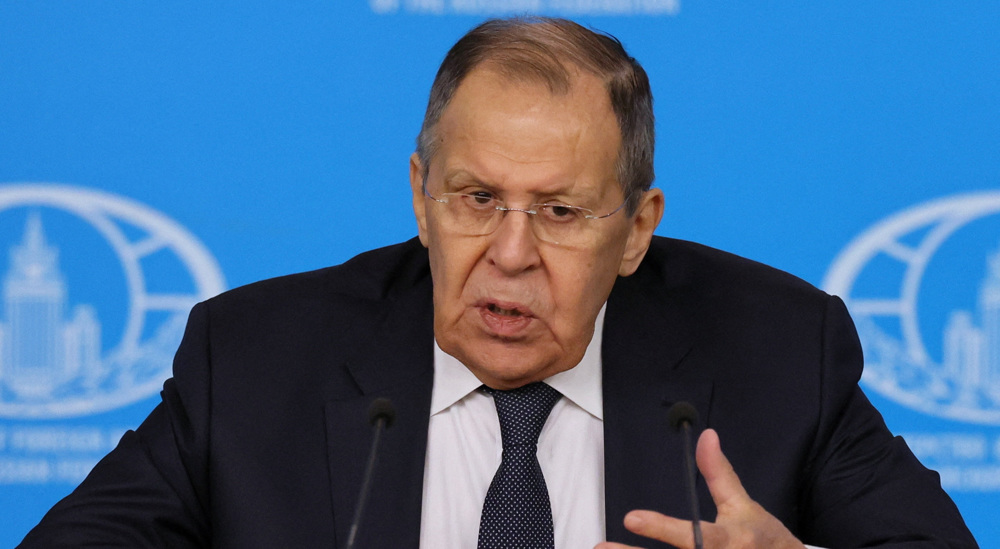



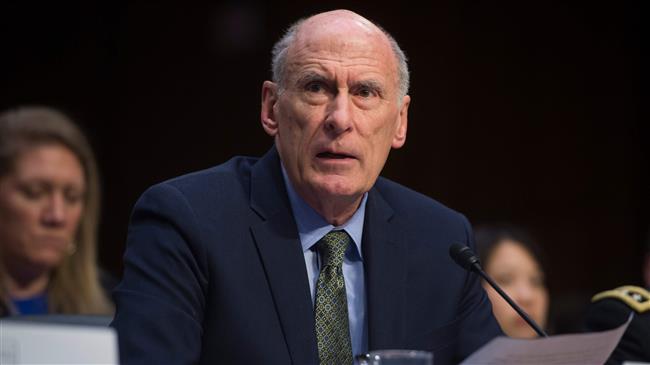
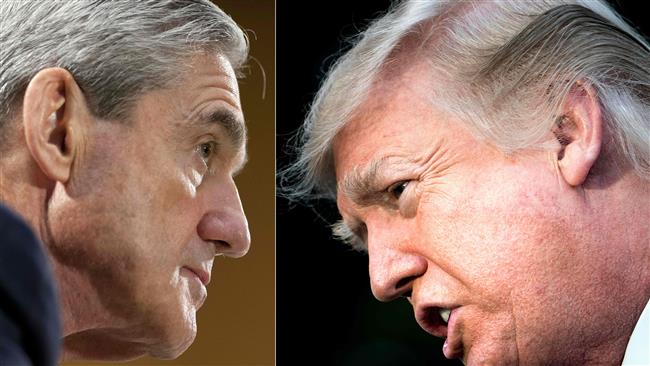
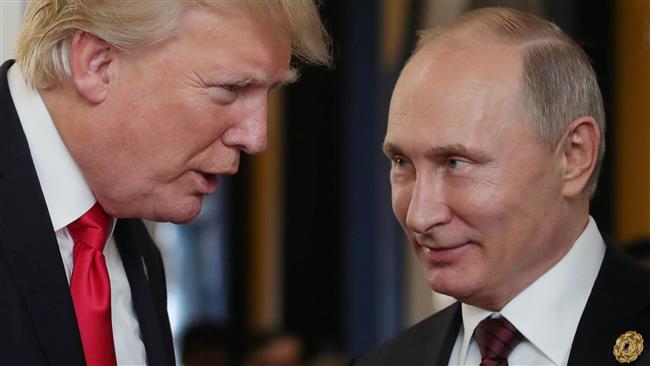

 This makes it easy to access the Press TV website
This makes it easy to access the Press TV website